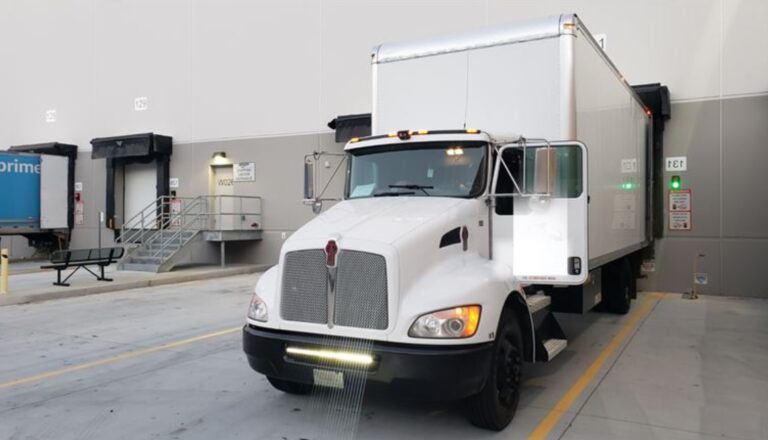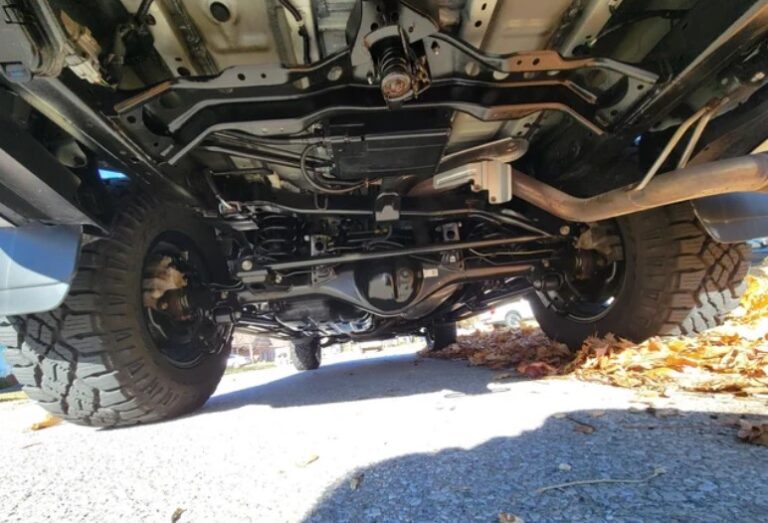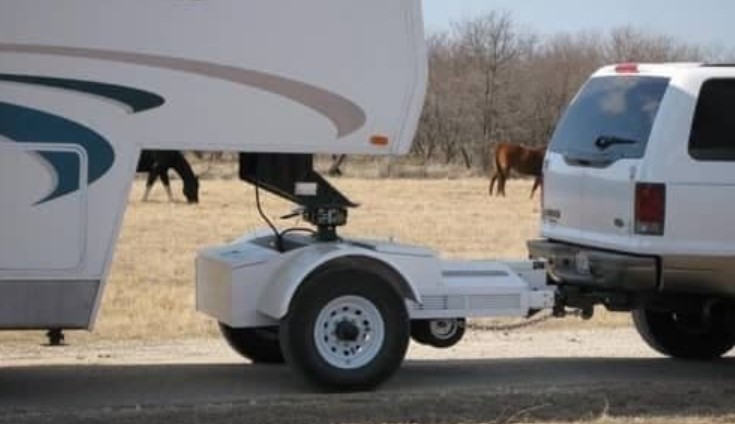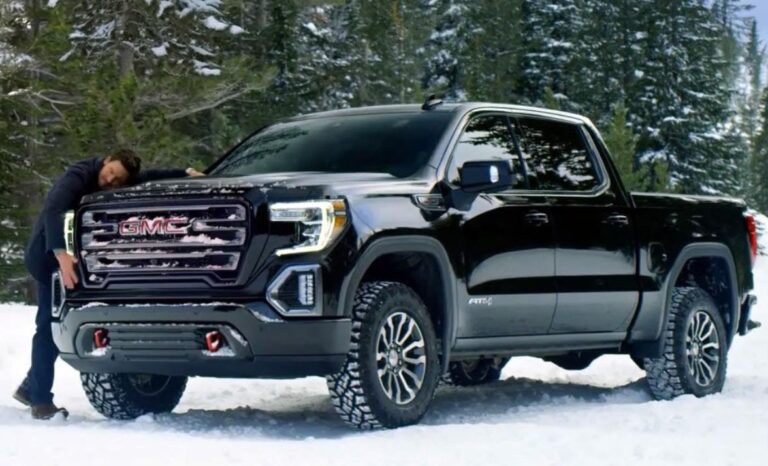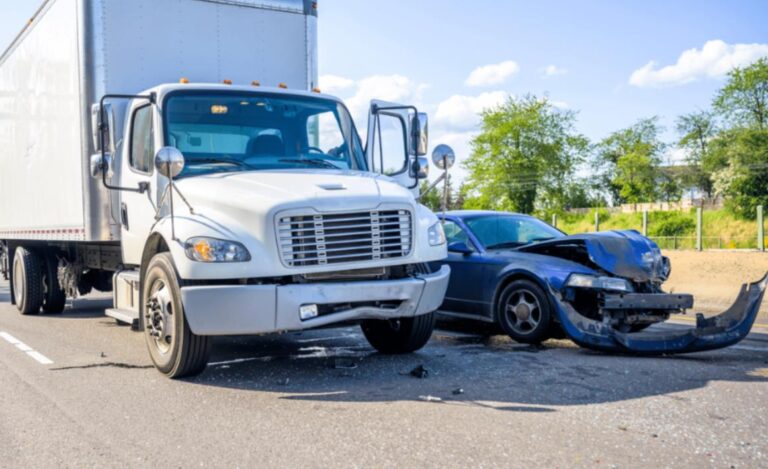What Is A Deleted Truck? A Comprehensive Guide
In this article, I will explain What Is A Deleted Truck? This question often pops up in trucking and automotive circles. A deleted truck is one where the emissions equipment, specifically the Diesel Particulate Filter (DPF), has been removed or deactivated.
This is usually done to enhance engine performance and fuel efficiency. However, it’s essential to understand the legal implications and potential risks involved in this practice.
Key Takeaways
- A deleted truck has its emissions equipment, like the Diesel Particulate Filter (DPF), removed or deactivated.
- Deleting a truck can improve engine performance and fuel efficiency.
- It’s illegal to delete a truck’s emissions equipment according to EPA regulations.
- Deleting can void the manufacturer’s warranty and result in hefty fines.
- There are ethical and environmental considerations to think about before deleting a truck.
What Is A Deleted Truck?
It’s a term that refers to a truck whose emissions equipment has been intentionally removed or deactivated. This is often done to improve engine performance and fuel efficiency but comes with legal risks and potential penalties.

What Exactly Is a Truck Engine Delete?
A truck engine deletion involves using a kit to deactivate the Diesel Particulate Filter (DPF). This factory-installed device traps soot, ash, and other contaminants found in diesel exhaust.
The kit usually contains an exhaust and a tuner, which replaces the existing DPF and allows the engine to operate without it.

Benefits of Deleting a Truck
- Increased Horsepower: Removing the DPF allows for better airflow back to the engine, enhancing power and performance.
- Better Fuel Efficiency: A clogged DPF can slow down fuel flow, affecting the engine’s miles per gallon. Deleting it can improve fuel efficiency.
- Reduced Maintenance: A DPF requires frequent cleaning, which can be time-consuming and costly. Deleting it can save both time and money.
Is Deleting a Truck Legal? Or Are Deleted Trucks Illegal?
No, it’s not legal to delete a truck’s emissions equipment. According to EPA regulations, tampering with emissions equipment in any way, including performing a truck delete, is illegal. State and local governments also have the authority to enforce these laws, and non-compliance can result in substantial penalties.

However, removing any emissions device on a diesel engine or adding a non-SMOG-compliant product carries a punishment of up to a $5,000 fine per unlawful part installed. The Environmental Protection Agency (EPA) is actively enforcing these laws, and you could face severe penalties if caught.
Penalties for Deleting Truck Emissions
- Criminal Penalties: Knowingly tampering with emissions equipment can result in criminal charges.
- Civil Penalties: Fines can go up to $37,500 per day for significant violations.
Ethical and Environmental Considerations
Deleting a truck’s emissions equipment can have ethical and environmental repercussions. While it may improve engine performance, it also contributes to air pollution, which is harmful to both human health and the environment.
The Moral Dilemma
- Air Pollution: Deleting increases the emission of harmful pollutants.
- Health Risks: Increased emissions can have adverse effects on human health.
Manufacturer’s Warranty and Deleting
Deleting a truck’s emissions equipment can void the manufacturer’s warranty. This means that any issues that arise post-deletion may not be covered, leading to additional expenses for the owner.
Warranty Implications
- Voided Warranty: Deleting can void the manufacturer’s warranty.
- Additional Costs: Any post-deletion issues will have to be covered out of pocket.
Legal Consequences of Owning a Deleted Truck
If you’re caught with a deleted truck, you could face severe legal repercussions. The Environmental Protection Agency (EPA) has stringent regulations concerning emissions standards. Violating these by deleting your truck’s emissions systems could result in hefty fines, vehicle impoundment, and even criminal charges.

Environmental Impact of Deleted Trucks
Deleted trucks have a significantly higher environmental footprint compared to their legally compliant counterparts.
They emit higher levels of pollutants such as nitrogen oxides, particulate matter, and hydrocarbons. This increased environmental impact is a major concern for authorities and environmentalists.
Emissions Tests and Deleted Trucks
If you own a deleted truck, passing the emissions tests required by many states becomes a challenge.
These tests are designed to ensure vehicles meet the required emission standards, and deleted trucks are likely to fail them, making them illegal for road use.
Warranty and Insurance Concerns
Deleting your truck’s emissions systems can void the manufacturer’s warranty. Additionally, insurance companies may refuse to cover damages or accidents caused by deleted trucks due to their illegal nature.
Technological Advancements and Deleted Trucks
The automotive industry is continually evolving, with manufacturers working to improve emission control systems. Using deleted trucks undermines these advancements and hampers progress toward reducing vehicle emissions.
Alternative Modifications
There are legal modifications available that can enhance a truck’s performance without violating emissions standards. Consulting professionals who specialize in legal performance enhancements are recommended.
Identifying Deleted Trucks
Authorities use various methods to identify deleted trucks, including visual inspections, emissions testing, and computer diagnostics. Being aware of these methods can help you understand the risks involved in owning a deleted truck.
What Does It Mean To Have A Diesel Truck Deleted?
Having a diesel truck “deleted” refers to the removal of certain emissions control systems, such as the Diesel Particulate Filter (DPF), Exhaust Gas Recirculation (EGR) valve, and Diesel Exhaust Fluid (DEF) systems.

The primary motivation behind this is often the perception of enhanced performance and fuel efficiency. However, it’s crucial to note that deleting these systems is illegal and can void your vehicle’s warranty.
What Does Deleting Your Truck Do?
Deleting your truck involves removing or disabling emissions control systems like the DEF, DPF, and EGR. Many truck owners believe that this will improve the truck’s performance, increase horsepower, and enhance fuel efficiency.
However, modern tuning technologies have advanced to the point where these benefits can be achieved without removing these essential systems.
What Happens If You Get Caught With A Deleted Truck?
If you get caught with a deleted truck, you could face hefty fines, vehicle impoundment, and even criminal charges.
The EPA is actively enforcing these laws and has even conducted raids on shops that offer deletion services. The resale of a deleted diesel truck is also a punishable offense.

Why You Should NOT Emissions Delete Your Diesel Truck?
There are several compelling reasons not to delete your diesel truck’s emissions systems. First, it’s illegal and can result in hefty fines and legal repercussions.
Second, modern diesel engines are designed to work efficiently with these systems, and removing them may not provide the performance benefits you expect. Lastly, advancements in diesel engine technology have made it possible to achieve excellent performance while remaining emissions-compliant.
Conclusion
In the end, owning a deleted truck comes with a host of legal, environmental, and ethical concerns. While they may offer some performance benefits, the risks far outweigh the advantages. It’s crucial to be aware of these factors and consider legal alternatives that do not compromise emissions standards.
Frequently Asked Questions
Can You Sell a Deleted Truck?
No, selling a deleted truck is illegal. At least one state is enforcing fines for truck owners who attempt to sell deleted trucks. The EPA has imposed 7-figure fines on shops and individuals for such practices.
What Are the Alternatives to Deleting a Truck?
There are legal alternatives to deleting a truck’s emissions systems. These include using performance-enhancing modules that do not tamper with the emissions systems, thereby keeping the vehicle compliant with EPA regulations.
Is It Possible to Revert a Deleted Truck?
Yes, it is possible to revert a deleted truck back to its original, legal state. However, this process can be costly and time-consuming. It also may not absolve you of any legal consequences for having deleted the truck in the first place.
How Do Authorities Identify Deleted Trucks?
Authorities use various methods to identify deleted trucks. These include visual inspections, emissions tests, and computer diagnostics. If your truck is suspected of being deleted, it could be subjected to any of these tests.

Welcome to the exhilarating world of Matt Rex, a professional car racer turned renowned vehicle enthusiast. Immerse yourself in his captivating blog as he shares heart-pounding adventures, expert reviews, and valuable insights on cars, trucks, jets, and more. Fuel your passion for speed and discover the beauty of vehicles through Matt’s engaging stories and meticulous expertise. Join the ever-growing community of enthusiasts who find inspiration and expert advice in Matt Rex’s blog—a digital hub where the thrill of speed meets the pursuit of knowledge.


